BY OKEY IKOROHA
Hope for Nigeria is a popular Facebook page among Nigerians with about 350,000 followers. A lot of paradoxes exist on the page. The name of the Facebook page is Hope for Nigeria but it is staunchly pro-Biafran, propagates anti-Buhari news stories and expectedly refers to Nigeria as a “zoo”.
The profile picture is a patriotic moniker, Naija Till I Die but the cover picture is a large image of detained leader of Indigenous People of Biafra (IPOB), Nnamdi Kanu in handcuffs. Clicking the stories on the Facebook page takes you to their website, hopefornigeriaonline.com.
In the past one week, some of the posts on the page include: “Buhari Jubilates On His Sick Bed, As Amaechi’s Name Disappears From The List Of The $43 Million Ikoyi Looters”; “IPOB: Nigeria Tells Turkey To Hands Off Biafra, Saying It Is An Internal Matter”; “NIA Bows To Pressure, Releases Statement On Amaechi’s Connection With The EFCC Recovered $43 Million”; “Buhari Breaks Silence: Why I Will NEVER Probe Amaechi, Despite Evidence Linking Him To The $43 Million”; “Amaechi Finally Implicated, As CBN Denies Ever Issuing $43 Million To NIA For Covert Operation.”
Last month there were such headlines as: “Donald Trump Warns Buhari – Release Nnamdi Kanu Or I Will Expose Your Real Medical Report To Your People” and “Buhari To Resign, Doctor Declares No Cure For Disease.”
Advertisement
Posts on Hope for Nigeria page generate hundreds of shares meaning that the reach of their posts goes beyond their 350, 000 followers. The posts also generate heated comments, discussions and reactions meaning that people take all their posts very seriously.
Fake news (or fake stories) websites deliberately publish hoaxes, propaganda, and disinformation purporting to be real news—often using social media to drive web traffic and amplify their effect. Unlike news satire, fake news websites seek to mislead rather than entertain readers, often for financial or political gain. Hope for Nigeria is clearly a fake news website.
Fake news has been with us in Nigeria for some time. Many people can still recall the Anti-Structural Adjustment Programme (Anti-SAP) riots of 1989 in Benin Lagos, Ibadan and other cities during which 22 people lost their lives according to official government account, though many believe the fatality figure was much higher. The riots were believed to have been sparked off by fake news.
Advertisement
Some extremely mischievous elements printed and circulated handbills claiming that the military president, General Ibrahim Babangida, and his wife, Mariam, had the biggest wristwatch company in Switzerland, the best fashion house in Paris and that their children study in schools in Zurich, Switzerland.
The false stories were spuriously attributed to Ebony magazine, a magazine printed in America that celebrates African-American people, culture and heritage but which was also popular in Nigeria those days.
More recently, fake news maintained a presence on the Internet and in tabloid journalism in the years prior to the last U.S. presidential election. Prior to the election, which was contested between former first lady, senator and secretary of state, Hillary Clinton and billionaire businessman and reality TV star, Donald Trump, fake news had not impacted the election process and subsequent events to such a high degree. It is widely believed that fake news contributed immensely to Mr. Trump’s surprise election win.
In the United States subsequent to the 2016 election, the issue of fake news turned into a political weapon, with supporters of left-wing saying that right-wing politics spread false news, while the latter claimed they were being “censored”. Due to these back-and-forth complaints, the definition of fake news as used for such arguments became vaguer.
Advertisement
Perhaps no living person muddles the meaning of fake news (and thereby creating a confusion over what is actually fake news) more than US president, Donald Trump. Mr. Trump depicts mainstream media organisations like The New York Times, CNN, and The Washington Post as Fake News Media and refers to virtually every news story unfavourable to him or his administration as Fake News. He does this repeatedly and impudently, knowing that his core support base would believe whatever he says. In a show of how loyal (or gullible and stupid) his followers are, Mr. Trump famously boasted during last year’s electioneering campaign that he could stand in the middle of 5th Avenue (a popular, usually crowded street in New York) and shoot someone and yet would not lose any supporter.
The major challenge of fake news is that the false stories are peddled by websites with pretensions to being serious, objective news couriers. We have news satire sites like US-based The Onion which satirizes the tone and format of traditional news organizations with stories, editorials, op-ed pieces, and man-in-the-street interviews using a traditional news website layout. Their main objectives are humour and sarcasms. They make no serious posturing to hard, factual news.
But at Hope for Nigeria cited earlier, you will also see conventional news and factual reporting on some issues and events in the country side by side with spurious and misleading news. The intention is clearly to combine truth with falsehood and fact with fiction in order to indoctrinate their followers.
As can be seen from recent political developments in the US, fake news thrives more in highly polarized societies. In Nigeria, the highly competitive elections of 2015 gave impetus to fake news as the then opposition All Progressives Congress (APC), ably led by its loquacious spin doctor, Lai Muhammed, successfully used all manners of propaganda, falsehood and deliberate misrepresentation, which it combined with political sagacity to wrestle power from the People’s Democratic Party (PDP).
Advertisement
Now the tables are turned and the most visible leading lights of the opposition in the persons of Governor Ayo Fayose of Ekiti State and former presidential spokesman Femi Fani-Kayode provide daily ammunition to transmitters of fake news. As long as there are those who firmly believe that President Muhammadu Buhari has no school certificate and therefore unfit to rule Nigeria; is only in power to promote northern interests and has a grand plan to Islamize Nigeria, there would always be easy preys and ready victims for fake news mongers.
These credulous countrymen would readily believe the statement from Fayose’s camp that the huge cash found recently at Osborne Towers belonged to favourite opposition target and current transport minister, Rotimi Amaechi, even when no shred of evidence or proof was provided. If they read that the National Intelligence Agency (NIA) Director General has claimed responsibility for the cash, they would quickly scan the web, looking for media outlets that will tell them that the DG’s claim is part of a larger cover up to shield Amaechi from deserved humiliation.
Advertisement
The mainstream cum conventional media is also complicit in the spread of fake news. The prevalence of sensational headlines and inability to provide adequate context in the reportage of dramatic events make them look no different from fake news websites. During the president’s controversial medical leave in the UK some weeks ago, at least two conventional news outlets in Nigeria posted a sensational headline, “Buhari Undergoes Penis Surgery.” Many Nigerians clicked to read the story, thinking that the president has genital complications only to find out that the story was about a nine-month old baby in Bida, Niger State.
So what do we do about fake news? Facebook, which with 1.2 billion daily patrons and undisputedly the greatest, even if unintended, conduit of fake news, recently released guidelines for identifying fake news. Among other things, Facebook users were told to be skeptical of headlines, look closely at the URL, investigate the source of the news story, watch for unusual formatting, consider the photos used and inspect the dates on the news stories.
Advertisement
In addition to these, Facebook urged users to check the author’s sources to confirm that they are accurate, look to see if no other news source is reporting the same story and to investigate if the story is a joke as sometimes false news stories can be hard to distinguish from humor or satire and finally to think critically about the stories they read as some stories are intentionally false.
In spite of these admonitions, a nation where majority of the populace see virtually every issue, action and event from virulent ethnic, religious and political prisms, there always will be “confirmation bias,” the tendency people have to embrace information that supports their beliefs and reject information that contradicts them.
Advertisement
The IPOB activists who, at the pain of death from the bullets of exuberant security agencies, gathered in Port Harcourt to celebrate the inauguration of Donald Trump as the 45th president of the United States of America believed without any shred of doubt whoever told them that Trump officially invited IPOB to his inauguration and will use his enormous clouts as the most powerful man on earth to grant them the Biafra of their dreams.
When recently Buhari was on a medical leave in London, those who are still outraged over how an ethnic champion and religious bigot dictator with a contentious school certificate would defeat an urbane democrat with a Ph.D. found comfort in the report on metro-uk.com that the president was dead. They would quickly dismiss the photos he took with Bola Tinubu in London as a disingenuous Photoshop and found solace in the emergent news report that Tinubu had denied ever visiting Buhari in London even when such a sensational news story was not carried by any mainstream Nigerian media. When Tinubu denied his purported denial through conventional means, they would start theorizing a cover up.
Let us hope that fake news does not destroy Nigeria, a profoundly polarized country striving to come to terms with the consequences of unbridled and unfiltered information dissemination and consumption in this crazy age of the internet.
Ikoroha is a social media activist. He tweets @TellTheMayor
Views expressed by contributors are strictly personal and not of TheCable.
2 comments
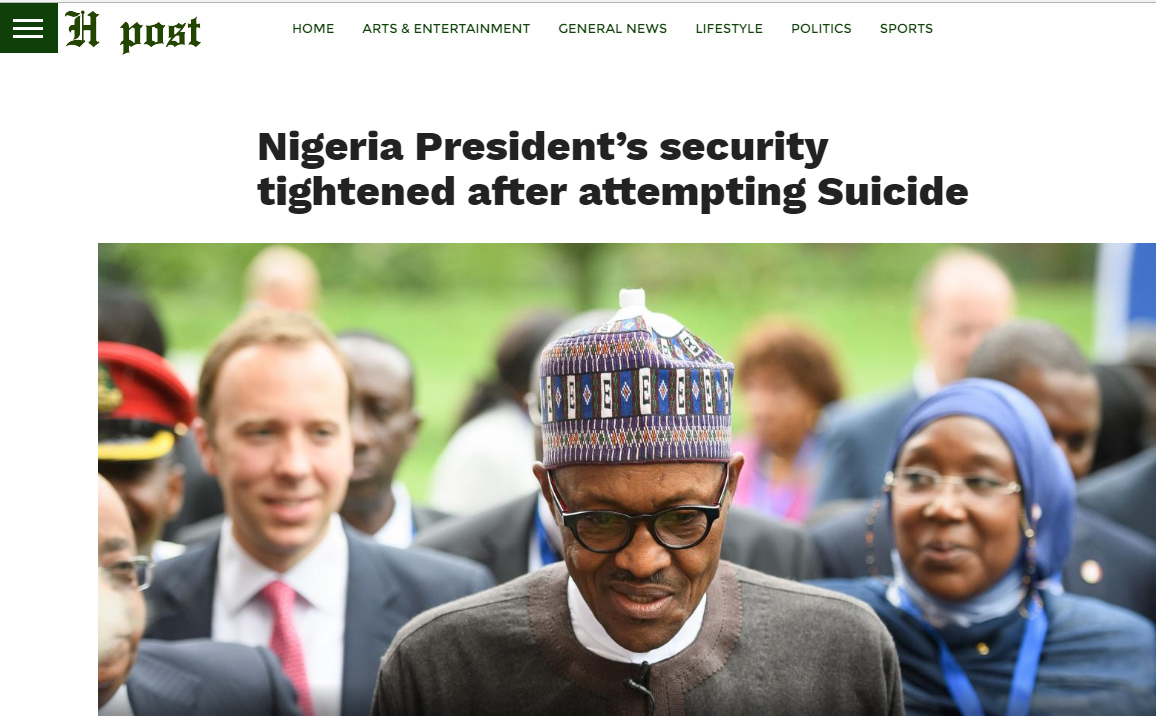
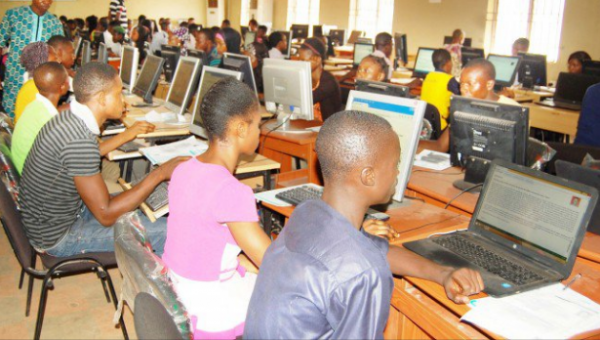
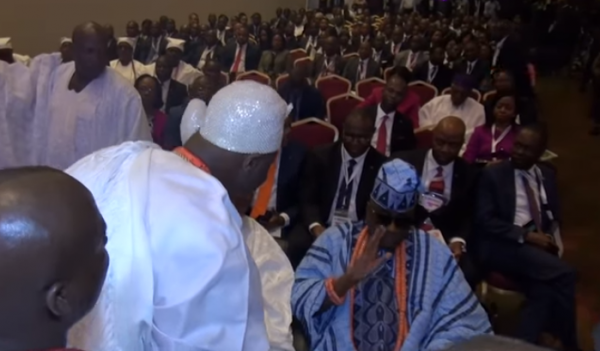
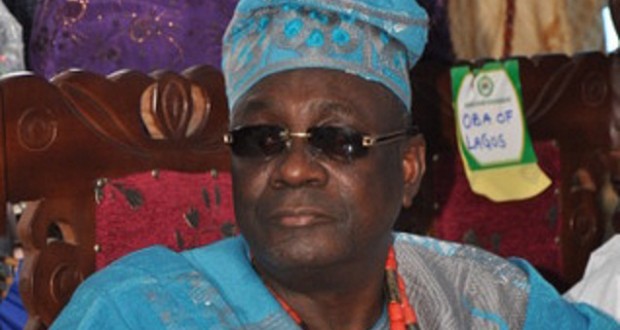
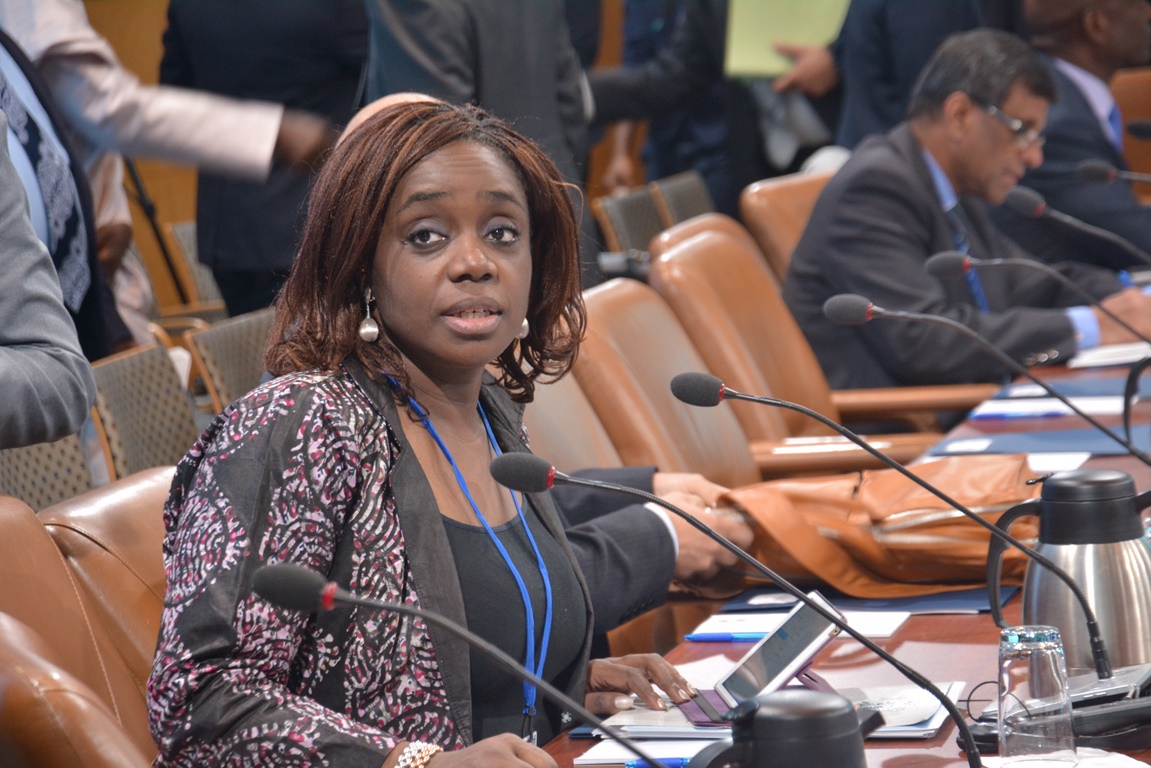

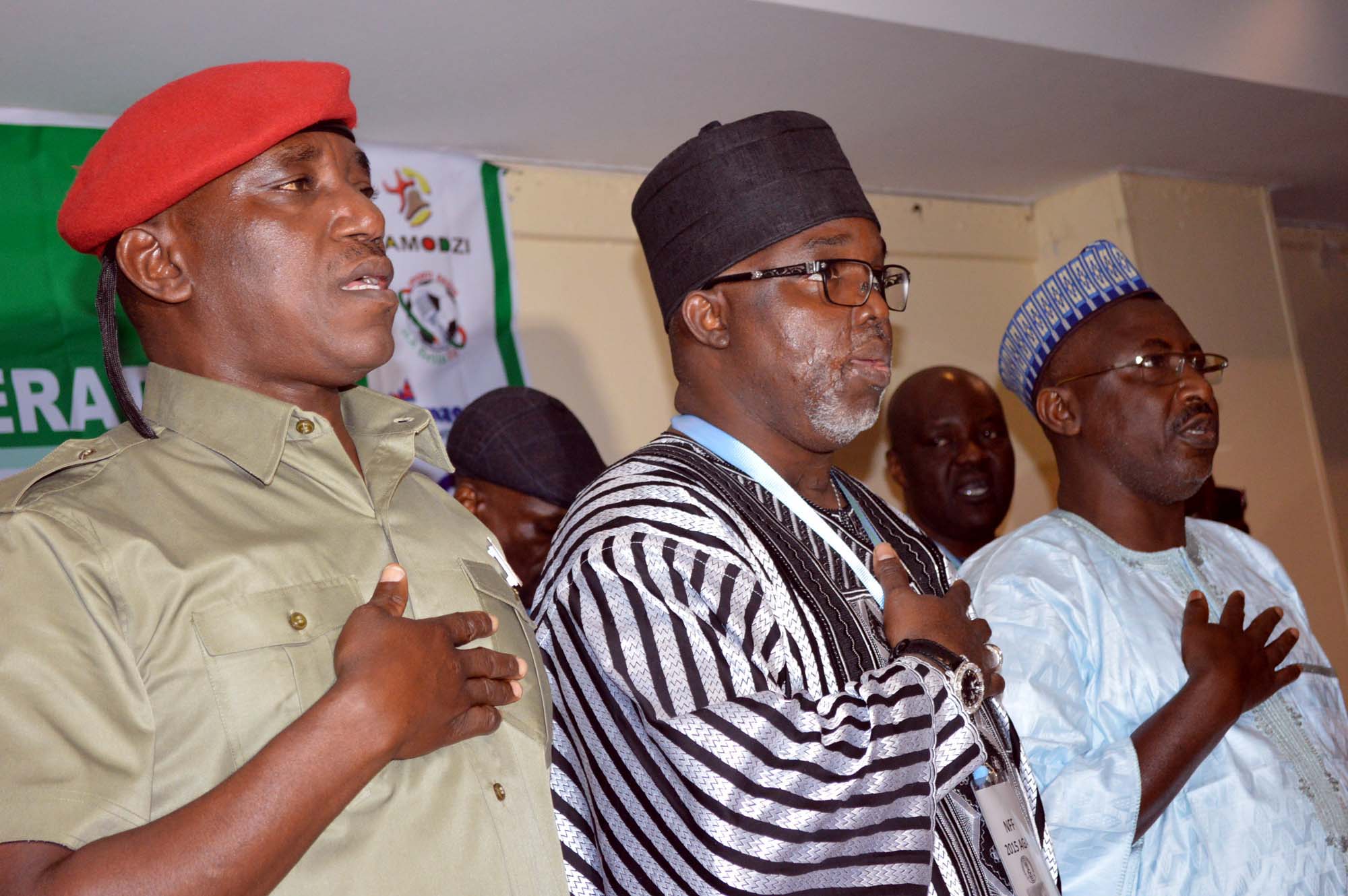
Your comment.. Its a pity that nigerians are so gullible!
A partly solution is right leadership with result.
we are standing between a rock and a hard place too, if the government decide to fight “fake news” there’s no way the real news people won’t also suffer too, because it will affect them too.
I believe the people should decide what news they listen to or read about, we’ve seen government clamp down on real news before and if there’s any fake news law there’s no way they won’t use it to clamp down on “real news” too